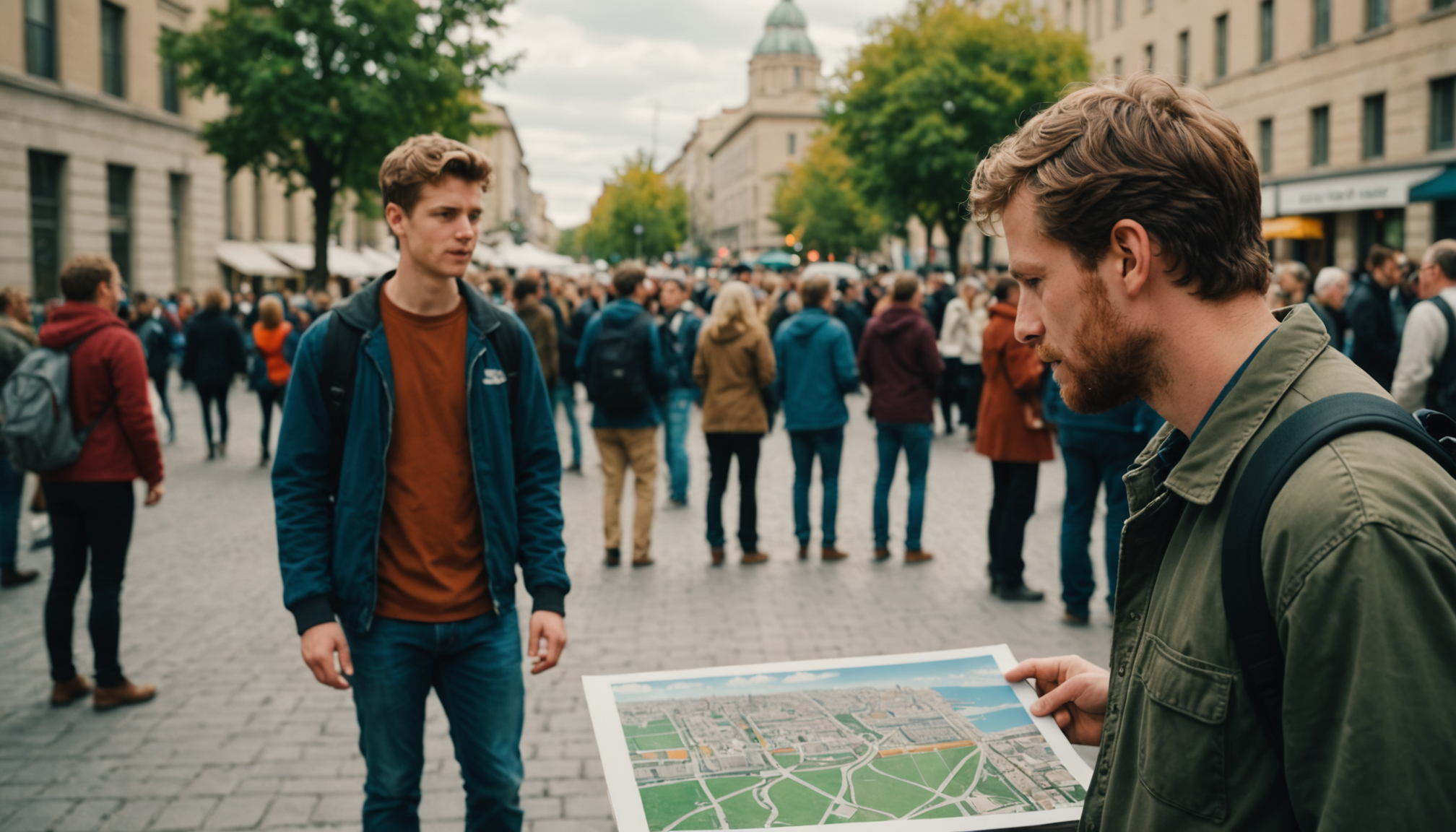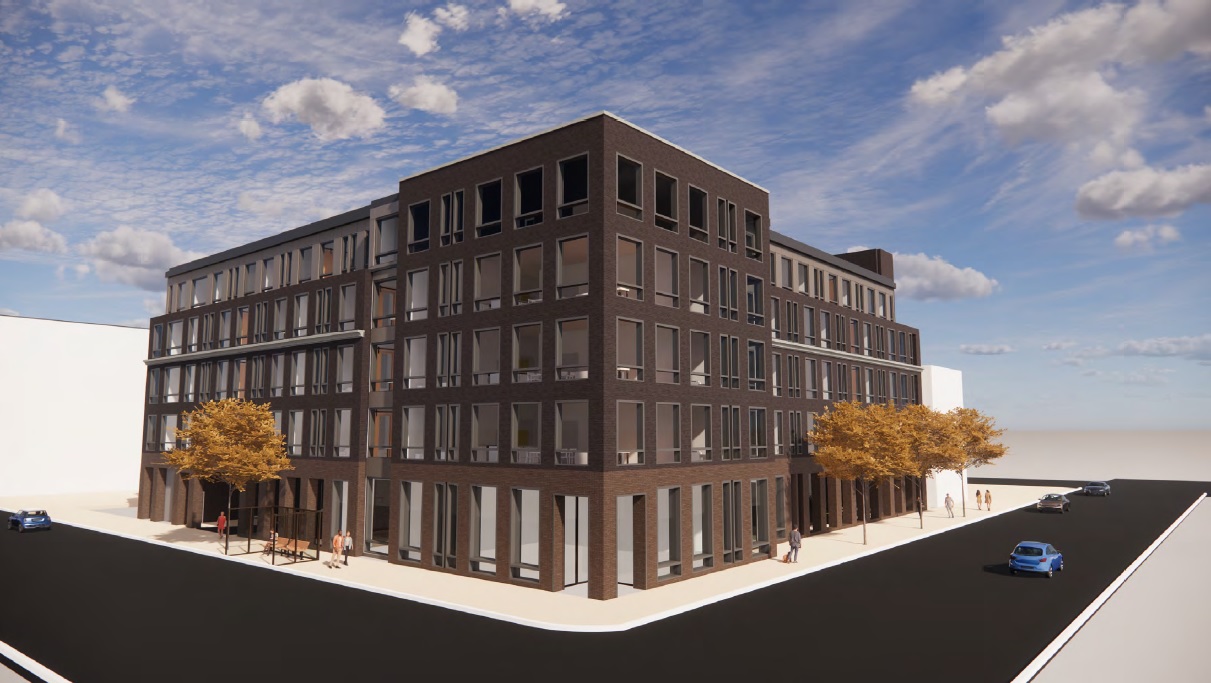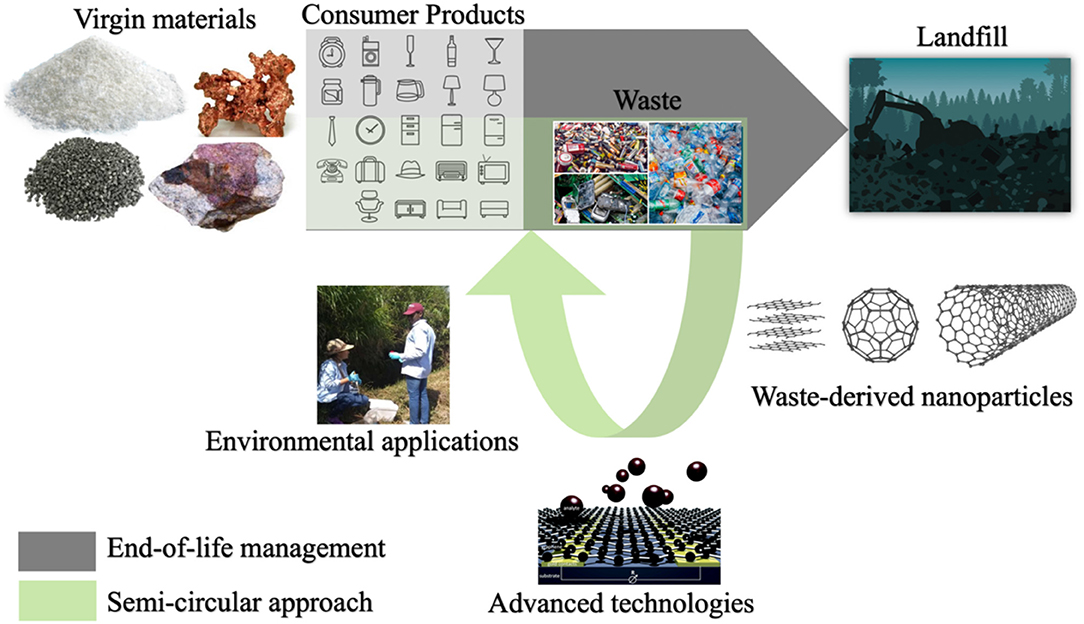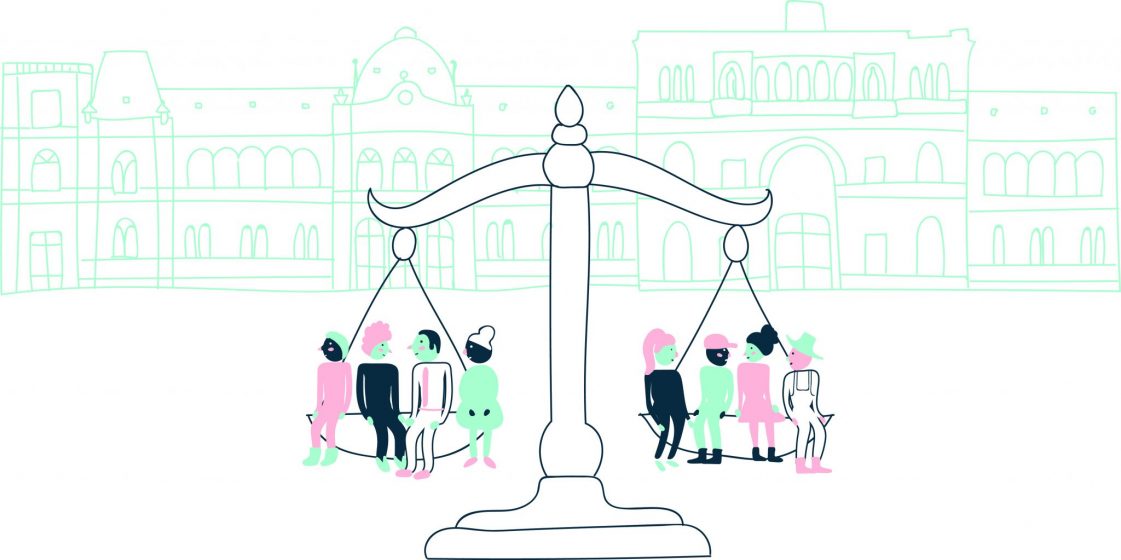
Report on the Nelsonville Music Festival: A Sustainable Community Model
Introduction
The Nelsonville Music Festival (NMF) serves as a compelling example of a grassroots, community-driven event that aligns with several Sustainable Development Goals (SDGs). Jamie Holland, a 19-year-old urban planning and music student from Miami University (Ohio), recently attended NMF at the Snow Fork Event Center. His observations highlight the festival’s role in fostering sustainable urban development, community engagement, and economic vitality.
Community as a Sustainable Village
Holland described the festival as a temporary village with its own infrastructure, utilities, and economy, demonstrating principles related to SDG 11: Sustainable Cities and Communities. The festival operates on a volunteer basis, emphasizing bottom-up community organization and social inclusion (SDG 16: Peace, Justice, and Strong Institutions).
Key Sustainable Development Goals Reflected at NMF
- SDG 11: Sustainable Cities and Communities
- Creation of a temporary village with streets, utilities, and infrastructure.
- Focus on sustainable urban planning principles.
- SDG 8: Decent Work and Economic Growth
- Development of a localized economy during the festival.
- Volunteer-driven workforce promoting inclusive economic participation.
- SDG 4: Quality Education
- Educational opportunity for students like Holland to study real-world urban planning applications.
- Promotion of cultural and musical education through the festival’s programming.
- SDG 16: Peace, Justice, and Strong Institutions
- Volunteer-based governance fostering community cohesion and participation.
- Encouragement of grassroots leadership and social responsibility.
Conclusion
The Nelsonville Music Festival exemplifies how cultural events can contribute to sustainable development by creating vibrant, inclusive communities that support economic growth, education, and social cohesion. This case study offers valuable insights for urban planners and community organizers aiming to integrate SDGs into local initiatives.
1. Sustainable Development Goals (SDGs) Addressed or Connected
- SDG 11: Sustainable Cities and Communities
- The article discusses a grassroots, musically-focused community with its own streets, utilities, infrastructure, and economy, reflecting the goal of making cities and human settlements inclusive, safe, resilient, and sustainable.
- SDG 4: Quality Education
- The involvement of a university student studying urban planning and music indicates an educational dimension, linking to the goal of ensuring inclusive and equitable quality education and promoting lifelong learning opportunities.
- SDG 8: Decent Work and Economic Growth
- The article mentions a community economy built on volunteers, which relates to promoting sustained, inclusive, and sustainable economic growth, full and productive employment, and decent work for all.
- SDG 16: Peace, Justice and Strong Institutions
- The bottom-up, volunteer-driven organization of the community reflects aspects of inclusive decision-making and community participation.
2. Specific Targets Under Those SDGs Identified
- SDG 11: Sustainable Cities and Communities
- Target 11.3: By 2030, enhance inclusive and sustainable urbanization and capacity for participatory, integrated and sustainable human settlement planning and management.
- Target 11.7: Provide universal access to safe, inclusive and accessible, green and public spaces.
- SDG 4: Quality Education
- Target 4.3: Ensure equal access for all women and men to affordable and quality technical, vocational and tertiary education.
- SDG 8: Decent Work and Economic Growth
- Target 8.3: Promote development-oriented policies that support productive activities, decent job creation, entrepreneurship, creativity and innovation.
- SDG 16: Peace, Justice and Strong Institutions
- Target 16.7: Ensure responsive, inclusive, participatory and representative decision-making at all levels.
3. Indicators Mentioned or Implied to Measure Progress
- SDG 11 Indicators
- Proportion of urban population living in slums, informal settlements or inadequate housing (implied by the focus on infrastructure and community organization).
- Proportion of cities with a direct participation structure of civil society in urban planning and management.
- SDG 4 Indicators
- Gross enrolment ratio in tertiary education (implied by the student’s participation and study focus).
- SDG 8 Indicators
- Proportion of informal employment in non-agriculture employment, by sex (implied by volunteer-based economy).
- Number of new businesses registered (implied entrepreneurial activity in the community).
- SDG 16 Indicators
- Proportion of population who believe decision-making is inclusive and responsive (implied by bottom-up volunteer organization).
4. Table: SDGs, Targets and Indicators
| SDGs | Targets | Indicators |
|---|---|---|
| SDG 11: Sustainable Cities and Communities |
|
|
| SDG 4: Quality Education |
|
|
| SDG 8: Decent Work and Economic Growth |
|
|
| SDG 16: Peace, Justice and Strong Institutions |
|
|
Source: athensnews.com







